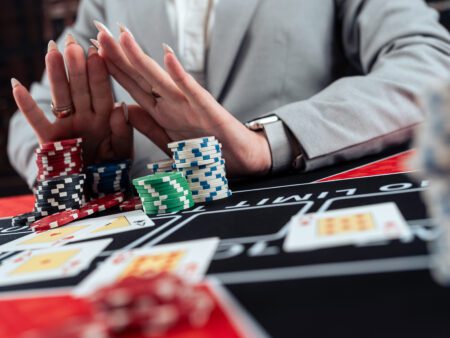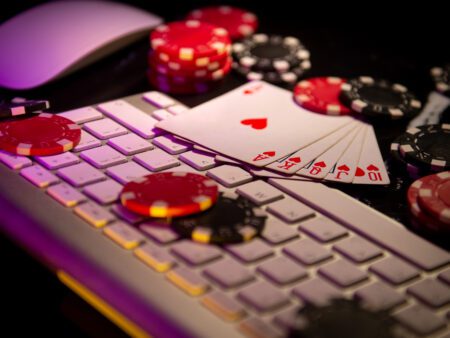Delve into the gambler’s mindset with this exploration of the psychological aspects of gambling, including emotional management, self-confidence, and self-control.
The Gambler’s Mindset: Understanding the Psychology Behind Gambling
The world of gambling is not only a realm of chance and skill; it is also a vast psychological landscape. From the lure of the game to the thrill of victory, the psychology of gambling goes beyond mere risk and reward. This article will delve into the psychological aspects of gambling, exploring emotional management, self-confidence, and self-control.
The Lure of the Game
To understand the psychology of gambling, we first need to understand why people gamble. The simple answer is for entertainment, but it goes deeper. Gambling can evoke feelings of excitement and anticipation, releasing dopamine in the brain, a neurotransmitter associated with pleasure and reward. This dopamine rush can make gambling intensely enjoyable and, for some, potentially addictive.
Moreover, the uncertainty associated with gambling also plays a significant role in its appeal. The thrill of placing a bet and awaiting the outcome can be exhilarating. This suspense creates a psychological high, making gambling an enticing activity.
Emotional Management
Gambling can elicit a spectrum of emotions, from the ecstasy of a win to the despair of a loss. As such, emotional management is a critical aspect of gambling psychology. Players must learn to cope with the highs and lows of gambling, to avoid making impulsive decisions driven by emotions.
Winning can lead to euphoria, which can create an illusion of invincibility. This can result in overconfidence and riskier bets. On the other hand, losing can lead to frustration and an urge to recoup losses, known as the ‘gambler’s fallacy.’ Both scenarios can cloud judgement and lead to poor decision-making.
To manage emotions effectively, players should approach gambling as a form of entertainment rather than a means to make money. This perspective can help maintain a balanced emotional state and promote responsible gambling.
Self-Confidence and the Illusion of Control
Another psychological aspect of gambling is the illusion of control. Many gamblers believe they can influence an inherently uncertain outcome, leading to an inflated sense of self-confidence.
This illusion of control can stem from various factors, such as personal rituals, choice, or familiarity with the game. For instance, a poker player may feel more confident in controlling the outcome because the game involves some skill alongside luck.
Recognizing the illusion of control is essential in gambling. While self-confidence can improve performance in skill-based games like poker or blackjack, it’s crucial to remember that the outcome in games of pure chance, like slots or roulette, is entirely random.
Self-Control and Responsible Gambling
Self-control is a cornerstone of responsible gambling. The ability to set limits, whether they’re related to time or money, and stick to them is an important trait of successful gamblers.
Problem gambling often stems from a lack of self-control. The inability to resist the urge to gamble, chasing losses, and failing to adhere to personal limits can lead to a destructive cycle.
Developing self-control in gambling involves setting personal boundaries and having the discipline to stick to them. It also includes recognizing when gambling stops being fun and starts becoming a problem.
In Conclusion
The psychology of gambling is a complex field that touches on various aspects of human behavior. Understanding the psychological allure of gambling, along with the importance of emotional management, self-confidence, and self-control, can contribute to a healthier, more enjoyable gambling experience.
Remember, while the psychology of gambling can make the activity more engaging, it’s crucial to gamble responsibly. Always set limits and stick to them, avoid chasing losses, and remember that gambling should be fun, not a source of stress or financial dependency.
Stay tuned to this space as we continue to delve into the intriguing world of gambling psychology. Remember, in the world of gambling, sometimes the most important battle is not against the house, but within oneself.










